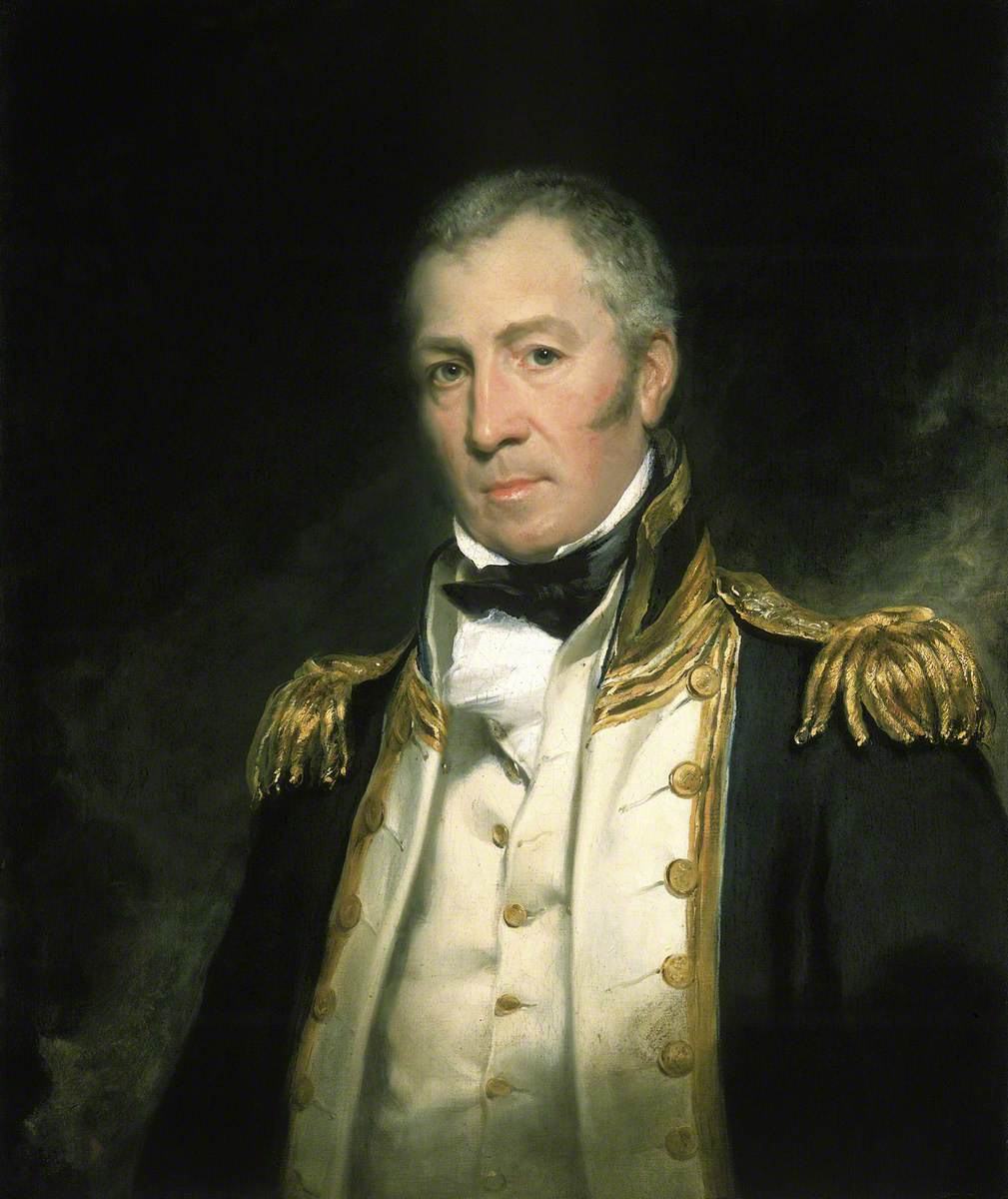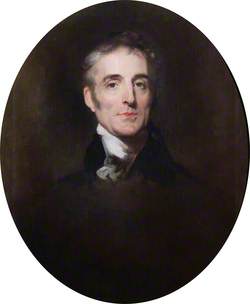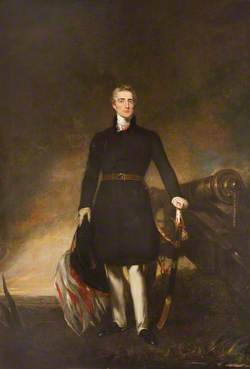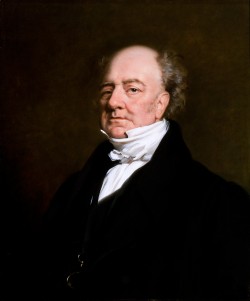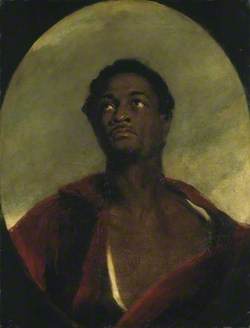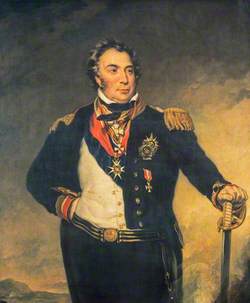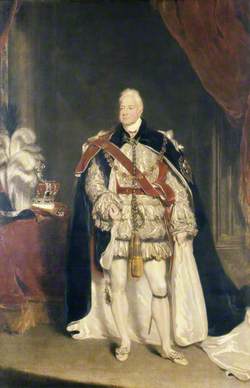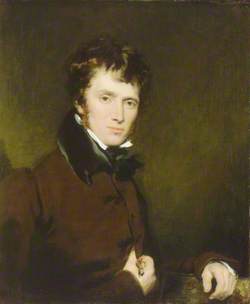How you can use this image
This image can be used for non-commercial research or private study purposes, and other UK exceptions to copyright permitted to users based in the United Kingdom under the Copyright, Designs and Patents Act 1988, as amended and revised. Any other type of use will need to be cleared with the rights holder(s).
Review the copyright credit lines that are located underneath the image, as these indicate who manages the copyright (©) within the artwork, and the photographic rights within the image.
The collection that owns the artwork may have more information on their own website about permitted uses and image licensing options.
Review our guidance pages which explain how you can reuse images, how to credit an image and how to find images in the public domain or with a Creative Commons licence available.
Notes
Add or edit a note on this artwork that only you can see. You can find notes again by going to the ‘Notes’ section of your account.
A half-length portrait facing slightly to the left wearing a captain's full-dress uniform (over three years seniority), 1812–1825. As a midshipman Heywood sailed with Lieutenant William Bligh in the 'Bounty' in 1787. During the famous mutiny in 1789 his behaviour was ambiguous. Despite his own claims to being asleep when it happened, he knew of Fletcher Christian’s plans to desert and did not show himself sufficiently loyal to Bligh to avoid later trial. He did not wish to join Bligh when the latter was cast adrift in the over-crowded ship’s launch and, with the loyalists for whom there was also no room, went to Tahiti with the ship. They remained there when the hard core of mutineers sought remoter refuge in the ‘Bounty’, eventually on Pitcairn Island. On the arrival of the pursuing frigate 'Pandora', Heywood immediately joined her but, with the rest of those that Captain Edwards swept up on Tahiti, he was brutally and indiscriminately treated as a mutineer. Four of the group, unable to escape in time from the cell on deck in which they were confined, were drowned when ‘Pandora’ was wrecked on the Great Barrier Reef. In 1792 the survivors were tried by court-martial at Spithead and Heywood was condemned to death. He was, however, well defended and well connected, and obtained a Royal Pardon through the interest of Lord Chatham and was reinstated in his career.
Title
Captain Peter Heywood (1773–1831)
Date
1822
Medium
oil on canvas
Measurements
H 76.2 x W 63.5 cm
Accession number
BHC2766
Work type
Painting
